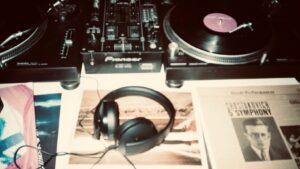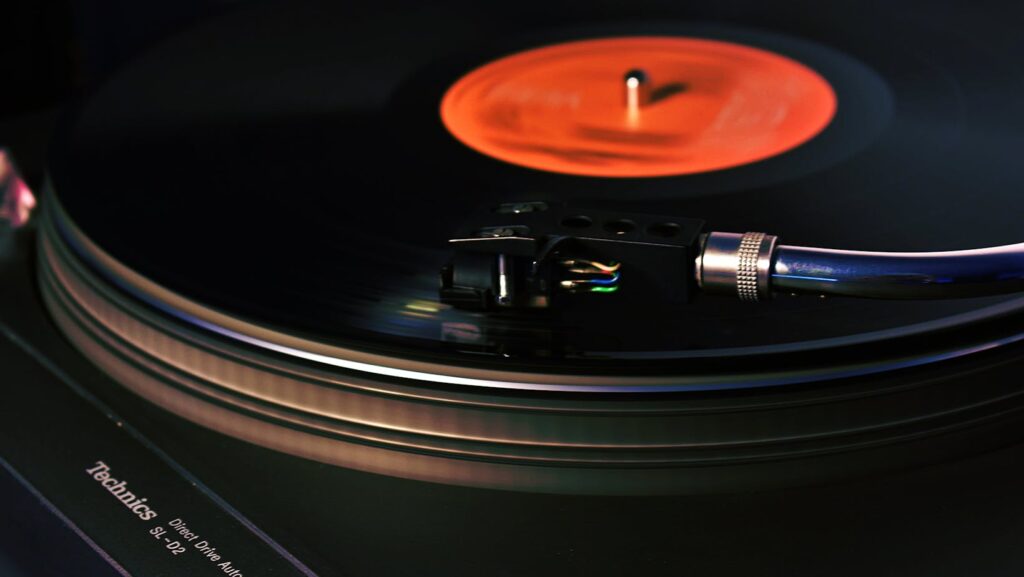Exploring the rich tapestry of Western music unveils a captivating journey through centuries of artistic evolution. From the intricate melodies of the Baroque period to the revolutionary sounds of the Romantic era, each musical epoch reflects the cultural zeitgeist of its time. The history of Western music is a testament to the human spirit’s boundless creativity and profound emotional expression.
History Of Western Music

In the history of Western music, the roots can be traced back to ancient civilizations such as the Greeks and Romans. Music played a significant role in their religious rituals, entertainment, and cultural expressions. Instruments like lyres, flutes, and drums were commonly used during this period to create melodies that were both enchanting and ceremonial.
During the Medieval Period in the history of Western music, from the 5th to the 15th century, music flourished in the form of sacred chants, secular songs, and instrumental compositions. The Gregorian chants, a form of plainchant named after Pope Gregory I, were prevalent in Christian liturgical music. Secular music also gained popularity, with troubadours and minstrels traveling across Europe, entertaining audiences with their songs.
Evolution During the Renaissance
The Renaissance period marked a significant evolution in the history of Western music. This era, from the 14th to the 17th century, witnessed a remarkable transformation in musical composition and expression.
Influence of Religion

Religion continued to play a pivotal role in the development of music during the Renaissance. Sacred music, particularly in the form of choral compositions, flourished as composers drew inspiration from religious themes. The Catholic Church remained a major patron of music, fostering the creation of elaborate choral works for liturgical purposes. Composers like Josquin des Prez and Giovanni Pierluigi da Palestrina gained prominence for their sacred compositions, reflecting the religious fervor of the time.
Innovation in Musical Notation
The Renaissance also saw significant advancements in musical notation, laying the foundation for modern music theory and composition. The transition from medieval to modern notation systems allowed composers to express intricate musical ideas with greater precision. The use of standardized musical symbols, such as notes and rests, facilitated the accurate representation of musical pitches and rhythms. This innovation revolutionized music composition, enabling composers to create more complex and nuanced works that pushed the boundaries of musical expression.
Baroque to Classical Transition
Characteristics of Baroque Music
Baroque music is characterized by intricate ornamentation, dramatic expression, and contrasts in dynamics. It emerged in the 17th century and lasted well into the 18th century. Baroque composers like Johann Sebastian Bach and George Frideric Handel composed elaborate pieces with ornate melodies and complex harmonies.
Emergence of Classical Style

The transition from the Baroque to the Classical period marked a shift towards clarity, balance, and simplicity in musical expression. Composers sought to create music that was more accessible and emotionally direct. The Classical era, spanning roughly from the mid-18th century to the early 19th century, saw the rise of composers like Wolfgang Amadeus Mozart and Joseph Haydn. Their works emphasized clear, structured forms, elegant melodies, and a balanced use of instrumentation.
Romantic Era and Its Impact
Emotional Expression in Music
The Romantic era in the history of Western music was characterized by a heightened focus on emotional expression in musical compositions. Composers of this period sought to evoke intense feelings and sentiments through their music, moving away from the restraint and logic typical of the Classical era.
Prominent Composers of the Romantic Era
The Romantic era saw the emergence of several highly influential composers who left a lasting impact on Western music history. Artists such as Ludwig van Beethoven, Franz Schubert, Frédéric Chopin, and Johannes Brahms were at the forefront of this musical movement. Their compositions reflected the spirit of the Romantic period, focusing on individual expression, innovation, and a departure from traditional forms and structures. These composers introduced new harmonic language, expanded orchestration, and pushed the boundaries of musical form, laying the foundation for the musical experimentation that would characterize the later 19th and 20th centuries.
